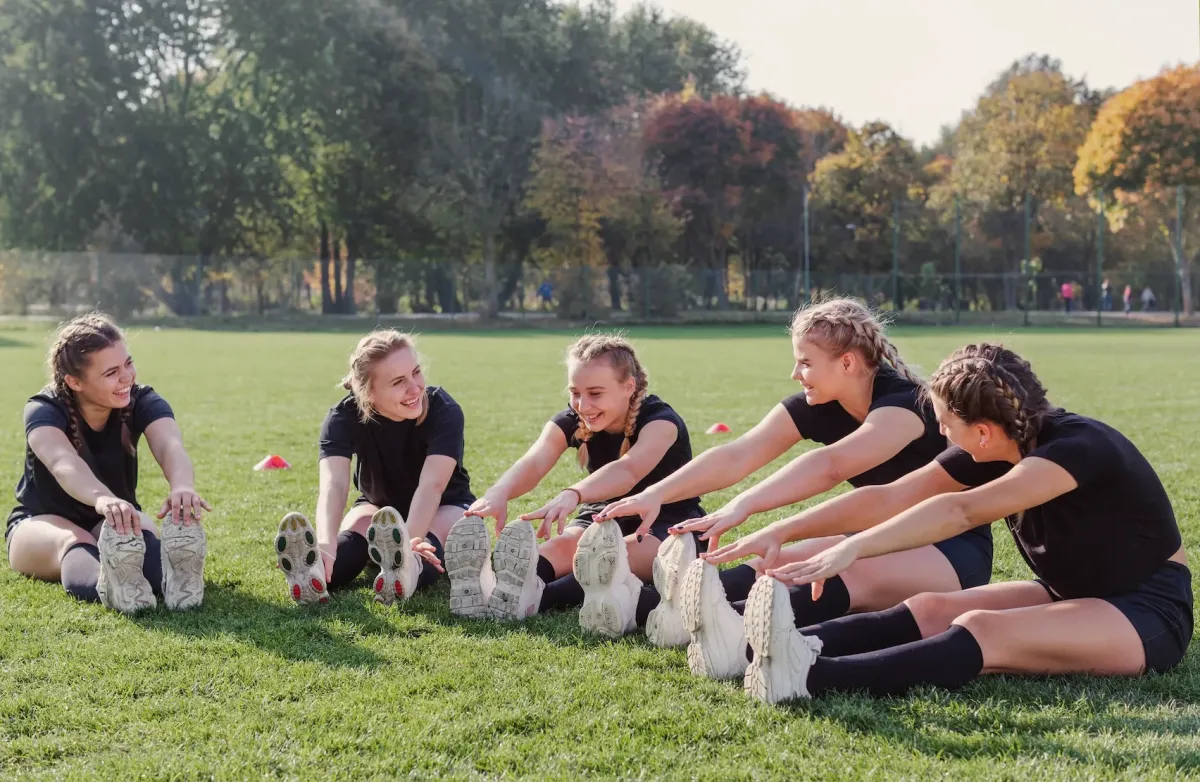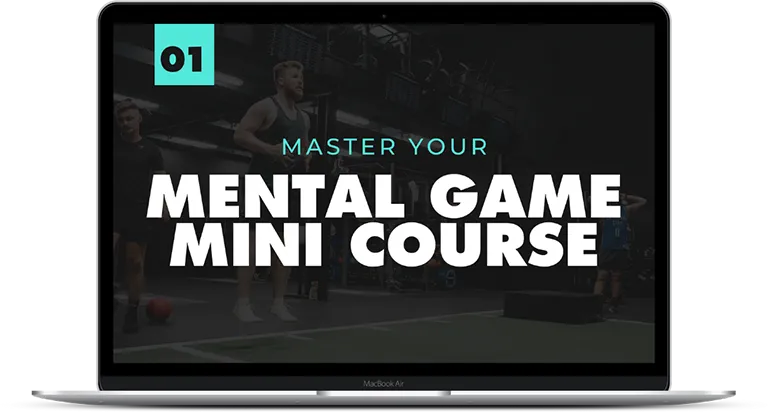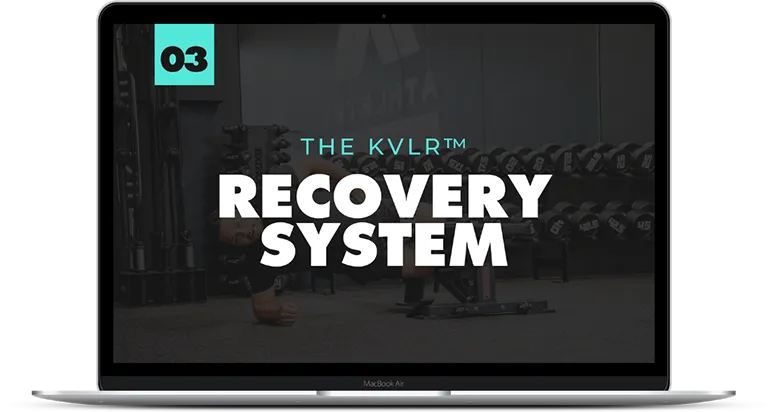Athletes Authority
Latest Blog & Insights

Why Athletes and Parents Delay Strength and Conditioning Training (And How to Overcome It)
Athletes and their parents know that strength and conditioning training is essential for long-term success, injury prevention, and peak performance. Yet, despite this awareness, many hesitate to commit due to a "busy schedule." The reality? Life will always be busy. The deeper reason behind this delay often stems from psychological biases rather than an actual lack of time. Understanding these barriers can help you take action now rather than later.
1. The "It’ll Be Easier Later" Fallacy
People often believe that they’ll have more time in the future than they do now. This optimism bias convinces athletes and parents that they can start strength and conditioning training "when things settle down." However, schedules rarely become less demanding—if anything, commitments only increase over time. The best time to start is always now.
2. Fear of Overcommitment
Many hesitate to add gym training to their already packed schedules out of fear of burnout or overcommitment. This is a form of loss aversion—the brain resists change, perceiving it as a threat to current routines. However, strategic strength and conditioning programs are designed to enhance performance, not drain energy. When properly structured, training can improve efficiency and reduce overall fatigue.
3. Short-Term Thinking Over Long-Term Gains
It’s easy to prioritize what feels urgent—upcoming games, schoolwork, and social commitments—over long-term athletic development. This is known as present bias, where immediate concerns overshadow future benefits. Yet, the athletes who separate themselves from the competition are the ones who invest in strength and conditioning training consistently, not just when it’s convenient.
4. Overthinking Leads to Inaction
Analysis paralysis is a common trap. With so many training options, schedules, and logistics to consider, athletes and parents can end up stuck in the decision-making phase. They delay committing because they feel like they need the "perfect" training plan. The truth? Starting with any structured strength and conditioning program is better than waiting for the ideal one.
5. Comfort Zones Are Hard to Leave
Adding gym training to an athlete’s routine requires behavioral change. Waking up earlier, shifting priorities, and pushing through workouts take effort. The human brain prefers comfort, avoiding situations that demand extra effort. However, the best athletes understand that growth happens outside of the comfort zone—strength and conditioning training is what separates good from great.
6. Social Influence and Perceived "Normal" Training
If an athlete’s teammates or peers aren’t prioritizing strength training, they may feel less urgency to do so. Similarly, parents may hesitate if their child’s coach isn’t emphasizing gym training. However, elite athletes don’t follow the norm—they set their own standards. Waiting for others to lead the way can cause missed opportunities for development.
7. Lack of Immediate Results Creates Doubt
Unlike competition, where results are instantly visible, strength and conditioning training takes time to show its full impact. This delayed gratification can cause some to doubt whether it's worth the commitment. However, small, consistent improvements compound over time, leading to significant athletic gains in speed, power, agility, and injury resilience.
8. The Justification Loop: "We’re Already Training Enough"
Many athletes rely solely on their sport-specific training, believing that’s enough. But skill development without a foundation of strength, mobility, and endurance leaves gaps in athletic performance. Strength and conditioning training is not an extra—it’s essential to maximizing potential and longevity in sports.
How to Overcome These Barriers and Commit to Training
Reframe It as Non-Negotiable
Instead of treating gym training as an optional add-on, make it a core part of athletic development.
Start Small, But Start Now
Even 2–3 strength sessions per week can make a big difference. Perfection isn’t required—consistency is.
Make It a Scheduled Priority
If it’s not scheduled, it won’t happen. Treat gym training like any other practice or game.
Focus on Immediate Wins
Track progress in strength, speed, and endurance to stay motivated. Small gains add up.
Recognize That Training Saves Time in the Long Run
Strength and conditioning training prevents injuries, reducing time lost to rehab and recovery.
Final Thoughts
A busy schedule isn’t the real reason athletes and parents delay strength and conditioning training—it’s the mindset behind it. Understanding the psychological barriers at play helps you push past hesitation and commit to a program that will drive performance, longevity, and resilience. The question isn’t if you should start—it’s when. And the best answer to that is now.
Our resources

Master your mental game Mini Course
Discover the mindset strategies of the World’s Greatest Athletes so you can turn your mind into a weapon of performance.

THE ATHLETES AUTHORITY RECOVERY SYSTEM
Performance = fitness – fatigue. Reduce your fatigue and recover faster with our 3-step recovery system.
MELBOURNE LOCATION
SYDNEY LOCATION
© 2023, Athletes Authority | All Rights Reserved
Website & Marketing Powered By Gymini

